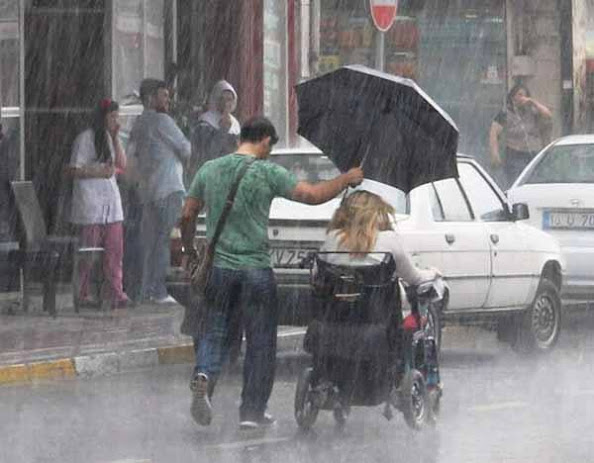“and while i thought i was freeing them, in reality, i was freeing myself”.
The act of helping others is something that defines us as humans. It won’t be wrong to say that it is a subtle yet concrete proof of our humanity. Without a doubt, it is one the most fundamental aspect of humanity and hence it is something that is deeply attached to our nature and our consciousness.
Now there can be numerous aspects of helping, we might look at it with various lenses which are available to us, such as emotional, psychological, social, personal and various more, but today i would like to explore the philosophical essence of this act of helping, what motives we usually have when we help someone and what impact this act of ours has on the us and those who we help.
the motive and the paradox.
Helping others is something that we either do selflessly, or with the aim of a certain degree of reciprocity that we might receive in future.
Now it is not wrong to desire to be treated nicely when you treat others nicely, it is something logical to expect but sometimes it isn’t what happens in the aftermath of our kind acts of helping others.
There are times when our acts of kindness are seen by the world as evidences of our weakness.
There are times when we make ourselves as targets of exploitation and get used, in multiple senses, by others.
But here’s the catch, this isn’t what helping truly is, is it?
In this mentality ,the root desire that we had while helping others was to receive something back, and that is something entirely out of our hands, to choose what the world deals us.
In reality, the very desire of wanting something back while helping someone is the cause of inevitable suffering at some point in the near future. Wanting something in return makes this act a transaction and hence creates the possibility of making you suffer based on the outcome of your action.
This logic is also present in various oriental religions such as Buddhism and Hinduism.
The other mentality is actually what one should practise while helping others. In reality, true helping is done when one doesn’t even realise that they are helping someone, it is something so innate, so subtle and that’s what makes it beautiful.
Selfless helping, which is a derivative of altruism, frees us from the perpetual and inevitable agony that we’d receive if we were helping someone with a hidden desire, because since we’re not desiring anything from the world, the world has no power on us, it can’t affect our actions or our state of mind since it has no role in either of them.
This is also quite paradoxical, because when we would truly help someone, we wouldn’t even notice that we are doing it.
The very act of helping someone, in all it’s purity, completely hidden not only from the person who’s being helped, but also from the one who’s doing it.
an act that benefits both.
Helping has a tremendous impact on both sides, but it won’t be wrong to say that it’s impact on the helper is more profound and liberating than the one who’s receiving it, and that makes perfect sense since the one who’s willing to give something good to others is always bigger than the one who receives it.
The very act of being useful to someone else not only gives our life some sense of meaning, but also liberates us from the self imposed shackles that we've put on ourselves while we judge others and create a false image of theirs in our minds.
Yes, these images are false, they are false because they only exist in our heads and they were created by us according to our likeness, according to what we wanted to see in them.
Once we are freed from this, we are able to see some figment of truth, some part of reality just the way it is and not some cheap rip-off that we've created to please ourselves.
On the other hand, the person who's being helped is freed from the fear and insecurity of being judged and laughed at, they are freed from the idea that one has to be perfect in all comprehensible spheres of life, and being human and making mistakes is a life-threatening affair and synonymous with death.
Once that person is freed from these cages, they are free enough to explore themselves, what they are, what they want and how can they achieve all that and improve themselves, because the first to get better at anything is acknowledging that we aren't good and then understanding that it isn't supposed to stay that way forever.
That person is now close to what we might call an 'ideal human', someone with immense potential to achieve great heights in some, or more spheres of life, and at the same time human enough to acknowledge their shortcomings and work upon them.
Lastly, that one simple act helps that person to believe in humanity a little more, and that alone is a big enough reason to help others.

Comments
Post a Comment